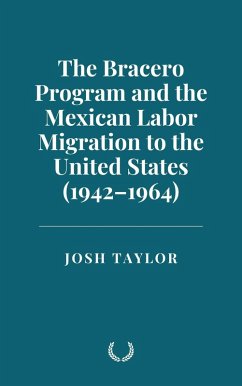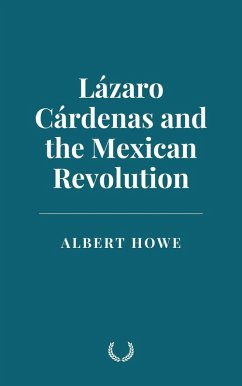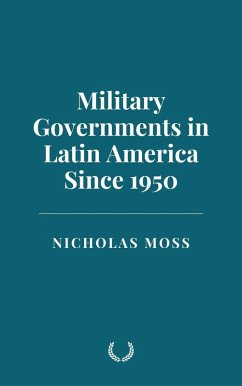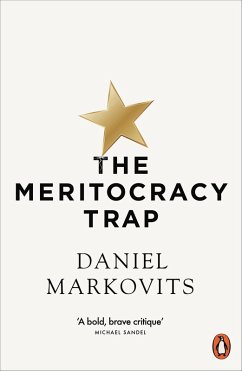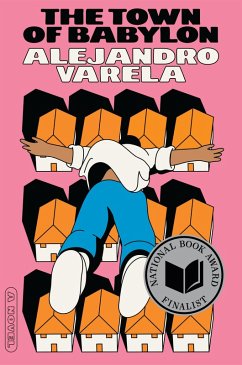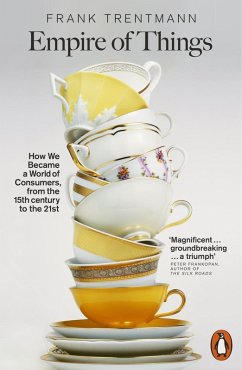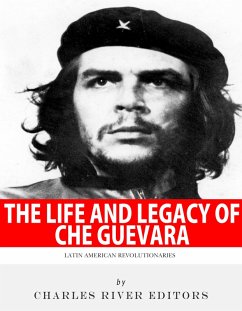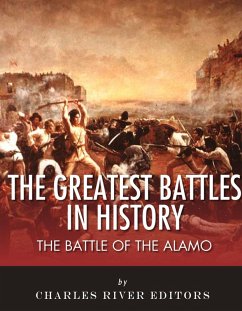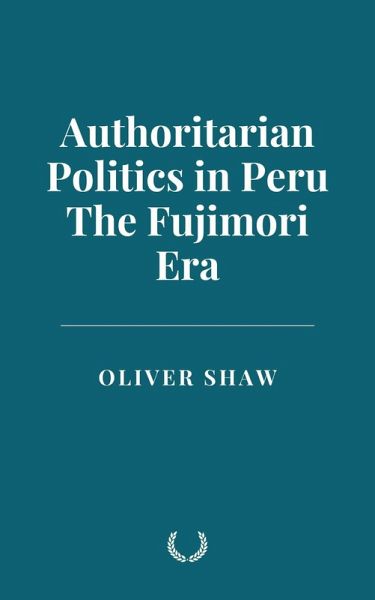
Authoritarian Politics in Peru: The Fujimori Era (eBook, ePUB)

PAYBACK Punkte
0 °P sammeln!
This work explores the complex political trajectory of Peru under Alberto Fujimori's authoritarian regime, examining its legacy, the transition to democracy, and the challenges faced by the country in the years that followed his fall. Fujimori's government, which spanned from 1990 to 2000, brought significant economic reform and stability to Peru but at the cost of widespread human rights abuses, corruption, and the erosion of democratic institutions. The chapter addresses the dual nature of his legacy-on one hand, his success in stabilizing the economy and combating insurgencies, and on the o...
This work explores the complex political trajectory of Peru under Alberto Fujimori's authoritarian regime, examining its legacy, the transition to democracy, and the challenges faced by the country in the years that followed his fall. Fujimori's government, which spanned from 1990 to 2000, brought significant economic reform and stability to Peru but at the cost of widespread human rights abuses, corruption, and the erosion of democratic institutions. The chapter addresses the dual nature of his legacy-on one hand, his success in stabilizing the economy and combating insurgencies, and on the other, the authoritarian practices that plagued his rule.
The study delves into the post-Fujimori era, analyzing the efforts of successive administrations to rebuild Peru's democratic institutions, confront past abuses, and address systemic corruption. Despite progress, the political landscape remains deeply fragmented, with persistent challenges of inequality, political polarization, and populist rhetoric. The rise of populism, particularly through the Fujimori family's political legacy and the election of populist leaders like Pedro Castillo, underscores the fragility of Peru's democracy.
The work examines the ongoing tension between populism and democracy in Peru, highlighting the country's struggles with political stability, accountability, and reconciliation. It emphasizes the lessons learned from Fujimori's regime, arguing that the consolidation of democracy in Peru will require strengthening political institutions, ensuring greater political participation, and addressing the unresolved injustices of the past. The future of Peru's democracy hinges on its ability to navigate these challenges while safeguarding democratic norms and preventing the return of authoritarianism.
The study delves into the post-Fujimori era, analyzing the efforts of successive administrations to rebuild Peru's democratic institutions, confront past abuses, and address systemic corruption. Despite progress, the political landscape remains deeply fragmented, with persistent challenges of inequality, political polarization, and populist rhetoric. The rise of populism, particularly through the Fujimori family's political legacy and the election of populist leaders like Pedro Castillo, underscores the fragility of Peru's democracy.
The work examines the ongoing tension between populism and democracy in Peru, highlighting the country's struggles with political stability, accountability, and reconciliation. It emphasizes the lessons learned from Fujimori's regime, arguing that the consolidation of democracy in Peru will require strengthening political institutions, ensuring greater political participation, and addressing the unresolved injustices of the past. The future of Peru's democracy hinges on its ability to navigate these challenges while safeguarding democratic norms and preventing the return of authoritarianism.
Dieser Download kann aus rechtlichen Gründen nur mit Rechnungsadresse in A, B, CY, CZ, D, DK, EW, E, FIN, F, GR, H, IRL, I, LT, L, LR, M, NL, PL, P, R, S, SLO, SK ausgeliefert werden.





